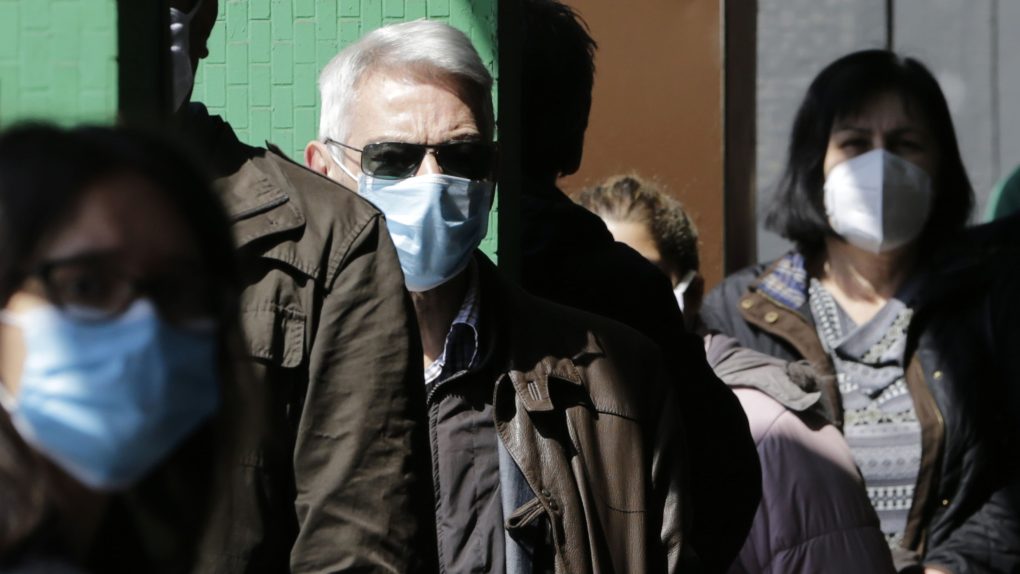- Doctors in France think that smoking can be both good and bad for people who are at risk of contracting the novel coronavirus infection.
- Smoking is a risk factor for COVID-19 patients, but one particular substance in cigarettes — nicotine — might prevent infection in some people, or improve COVID-19 prognosis.
- The French doctors will use patches in a clinical study to see if nicotine might prevent coronavirus infections and help existing patients.
- Visit BGR’s homepage for more stories.
Smoking is terrible for you, as any physician on the planet will tell you. Smoking is a risk factor for various medical conditions and can worsen the outcome for COVID-19 patients. Smoking regular cigarettes is bad for patients who contract the novel coronavirus, as is smoking weed. That’s because the lungs are where the primary battle between the virus and the immune system takes place. COVID-19 complications include shortness of breath and some people end up requiring oxygen therapy and ventilators. But it turns out that smoking may have a beneficial side effect: it might actually help prevent a novel coronavirus infection altogether. That doesn’t mean you should take up smoking, but a substance in cigarettes could prevent some people from getting the new disease, and French doctors now want to test nicotine patches against COVID-19.
Smoking doesn’t guarantee that you won’t get a COVID-19 infection, and smoking can make a COVID-19 infection worse for you. But French doctors observed that fewer COVID-19 patients were smokers than they were expecting, The Guardian reports. A team at the Pitié-Salpêtrière hospital in Paris penned a study on the matter, proposing a nicotine patch trial that could provide additional answers.
“Our cross-sectional study strongly suggests that those who smoke every day are much less likely to develop a symptomatic or severe infection with Sars-CoV-2 compared with the general population,” the Pitié-Salpêtrière study says. “The effect is significant. It divides the risk by five for ambulatory patients and by four for those admitted to hospital. We rarely see this in medicine.”
The doctors observed 480 patients who tested positive, 350 of whom were hospitalized. Of those admitted, 4.4% were regular smokers while 5.3% of the people who were released had smoked. The median age of the former was 65, while those with less severe symptoms had a median age of 44. These numbers aren’t in line with statistics for the general population in France. Some 40% of those aged 44-53 smoke and between 8.8% and 11.3% of those aged 65-75 are smokers, according to the local Santé Publique France authority.
The study seems to confirm the findings of similar research from China. A study published in the New England Journal of Medicine at the end of March said that only 12.6% of 1,000 patients were smokers, a figure that was significantly lower than expected. Some 28% of people in China are smokers.
French neurobiologist Jean-Pierre Changeux reviewed the French study and suggested that nicotine might be responsible for preventing the novel coronavirus from reaching certain cells in the body. As a result, the virus spread might be stopped. Nicotine could also reduce the immune reaction in severe COVID-19 cases. Frontline healthcare workers, COVID-19 patients, and patients in the ICU will be given nicotine patches as part of a clinical study that will attempt to verify these findings.
As with other COVID-19 studies, more research is required. And as with other studies detailing potential treatments for the coronavirus, you shouldn’t take matters into your own hands. Do not start smoking or using nicotine patch just because a theory says the substance can prevent novel coronavirus infections or improve COVID-19 prognosis.








